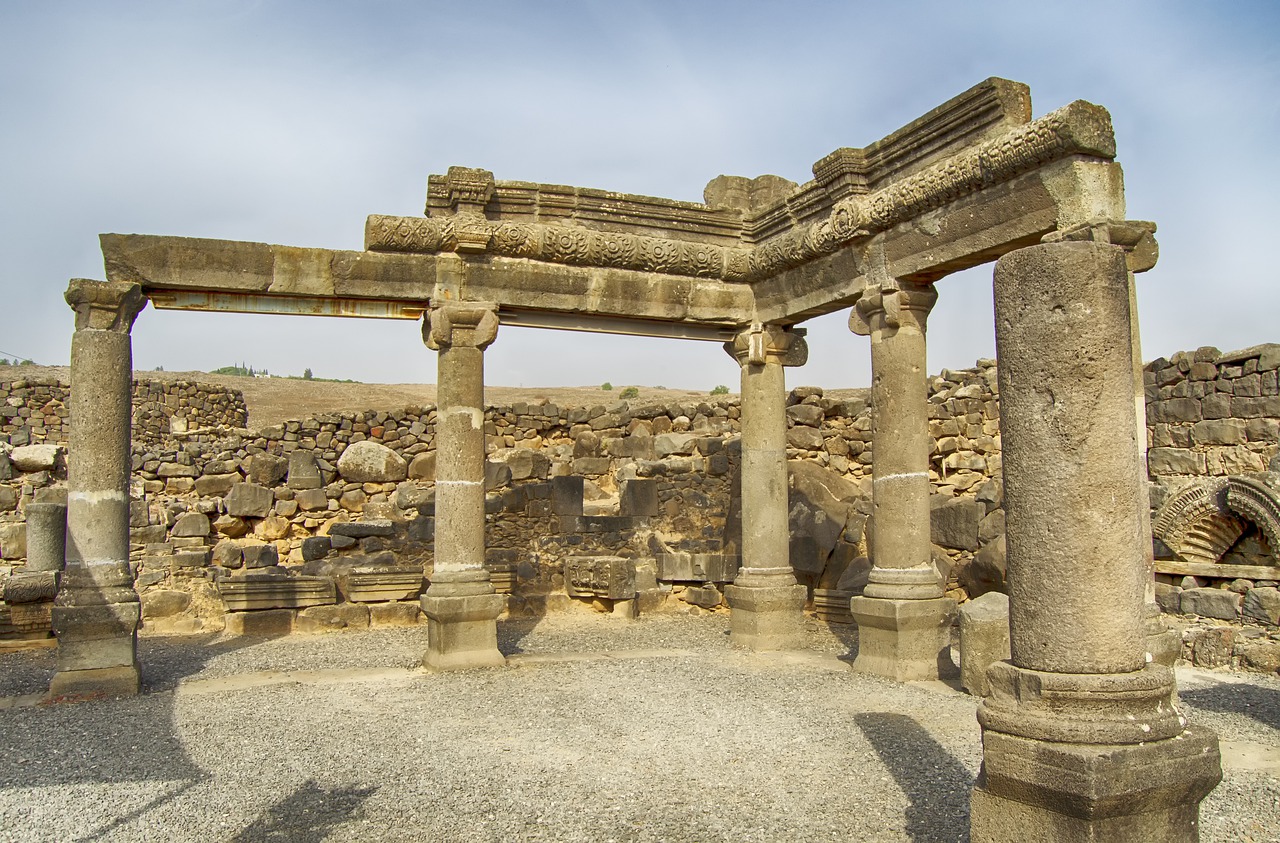To call someone a philistine today is to brand them uncultured, but to the Hebrew people in the Christian Bible, it meant something worse: the Philistines were a separate group who were often their adversaries.
Now DNA sequencing of ten Philistine skeletons suggests they really were a genetically distinct community. Around 1200 BC, in at least one key Philistine city there was an influx of south European genes, suggesting a surge of Greek immigrants to the region, says Michal Feldman at the Max Planck Institute for the Science of Human History in Jena, Germany.
The Bible’s Old Testament makes numerous references to the Philistines; for instance, Goliath, the “giant” who fought David, was a Philistine, as probably was Delilah, said to have betrayed Samson by cutting his hair.
Multiple excavations from sites of ancient Philistine cities, such as Ashkelon, on the coast of what is now Israel, have yielded pottery remains that are Greek in style. One suggestion was that people could simply have adopted Aegean cultural practices via sea trading routes.
more at newscientist.com
Ask me anything
Explore related questions





